
Many of the elite status extensions offered by frequent flyer programs due to COVID-19 are about to come to an end. For some airlines, this will mean a sudden and significant reduction in the number of members holding status.
There has been a live debate for some time already about whether to continue extending the status of people who are no longer flying. But with the end of 2022 fast approaching – and most of the existing extensions about to expire – airlines are now being forced to make a decision.
Cathay Pacific has just announced that it will provide another year of status extensions to Cathay frequent flyers, renewing everyone’s status until the end of 2023. This will be the third consecutive status year-long extension offered by Cathay Pacific.
The announcement on the Cathay Pacific website says:
As Hong Kong and the world open up, we’re looking forward to the return of international travel. With the launch of the elevated Cathay membership programme in August, we would like to thank you, our members, for your longstanding support and help you embark on more adventures while enjoying all the Cathay status benefits by automatically extending all Silver, Gold and Diamond memberships, as well as any unused mid-status benefits earned this year, until 31 December 2023.
Cathay is also extending unused mid-status benefits. And to acknowledge its frequent flyers who had already completed the required actions to renew their status for next year before the latest extension was announced, Cathay will arrange an as-yet unspecified “special reward”.
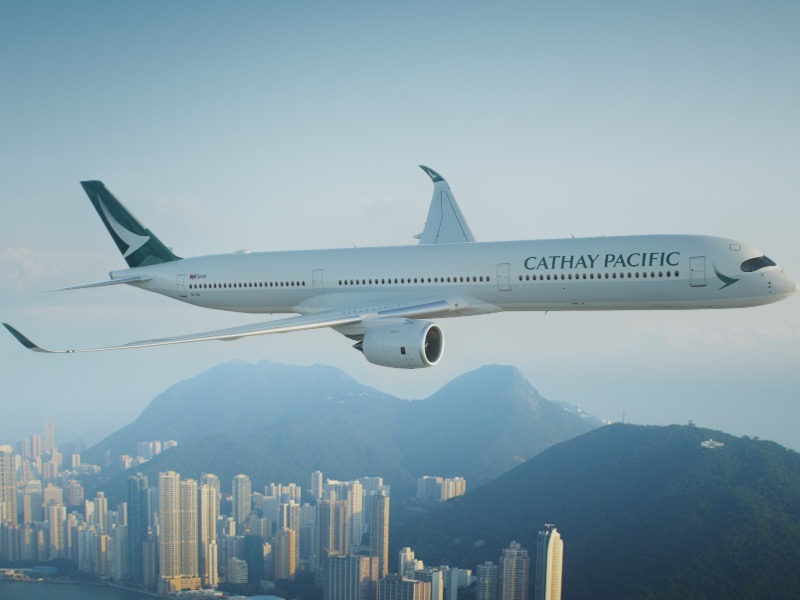
On the other end of the spectrum, US-based Delta has just announced that it will make it harder to earn or retain status beyond next year.
Delta has previously extended its existing Medallion members’ status tiers up to 31 January 2023, but is reverting to the usual status qualification requirements beyond then.
Delta now says it will increase the minimum spend requirements to earn Gold, Platinum or Diamond Medallion status during 2023, in order to preserve and improve the customer experience of its most loyal members. It’s doing this, Delta says, on the back of an “unprecedented summer of demand for travel” as the airline “navigates an evolving industry landscape”.
In other words, Delta believes it now has too many elite members and that this is diluting the benefits available to give to their best customers.

In return for increasing Medallion Qualification Dollars (MQD) requirements, Delta will introduce additional new benefits for top-tier frequent flyers.
Neither airline is wrong
There are solid arguments on both sides. On one hand, business travel has not yet fully returned and some countries, particularly in Asia, are either still closed or only just now reopening for international travel.
Until now, ongoing border closures have disproportionately affected members based in or regularly travelling to places like Hong Kong. So another status extension is arguably the right thing for an airline like Cathay Pacific to do.
On the other hand, many other parts of the world have now opened up again and these status extensions need to come to an end at some point. If airlines give out status like candy, lounges will be full and everyone will have priority – meaning nobody will actually have priority. Clearly, Delta is now having issues with this as it experiences unprecedented travel demand.
For airlines, having full lounges is perhaps not such a bad thing as it means lots of people are flying. But it can get to a point where it also devalues the experience for customers who’ve spent a lot of money with the airline and worked hard to achieve their status.
Some customers who were loyal in 2019 may have since had a change of circumstances and will no longer be flying nearly as much going forward. In this case, maintaining their status year after year makes little sense. (That said, there is little cost to the airline in providing status benefits to someone who is not flying.)
Some loyalty program experts have suggested that airlines in 2022 should at least require people to do something to show that they’re still interested, rather than just continuing to extend everyone’s status. For example, they might simply click on a link in an email or purchase a flight.
What are Qantas and Virgin Australia doing?
After giving a blanket status extension to all Qantas Frequent Flyer members in 2020, Qantas then offered additional status extensions in 2021 and earlier in 2022 to members who booked at least one new flight. But Qantas had a change of heart in August, announcing that everyone with status due to expire by June 2023 will automatically receive another complimentary extension as an apology for the airline’s recent operational issues.
Qantas hasn’t yet announced any further status extensions for members with status expiring beyond June 2023. This is what the Qantas website said about this two months ago:
While our current support is for members with a status end date up to 30 June 2022, we are always looking at ways we can help support members during these challenging times. Depending on how long travel restrictions continue, we will update members closer to the time.
Realistically, it’s unlikely Qantas would (or necessarily should) continue offering easy status extensions beyond July next year. Perhaps we’ll see double status credit offers return around then instead.
Virgin Australia’s last round of status extensions are due to expire on 28 February 2023, with no further status extensions announced at this stage.
What do you think – should airlines continue giving away status extensions or is it time to call time? You can leave a comment or discuss this topic on the Australian Frequent Flyer forum.
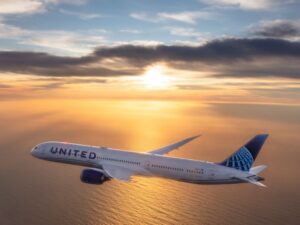

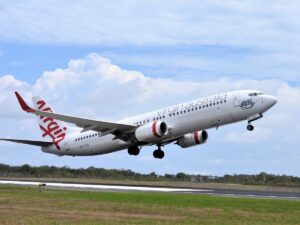


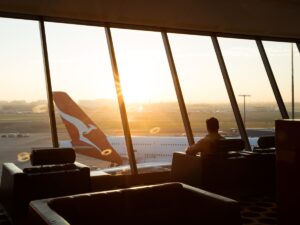
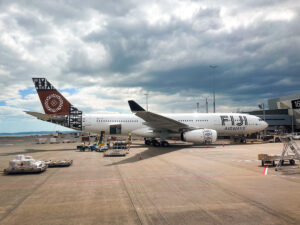
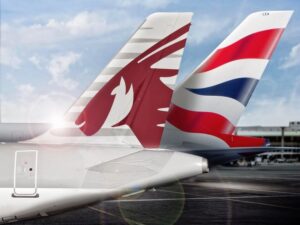


























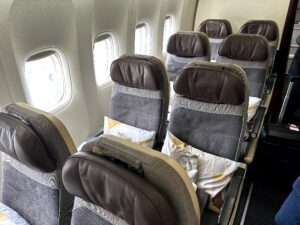










































Community Comments
Loading new replies...
Join the full discussion at the Australian Frequent Flyer →